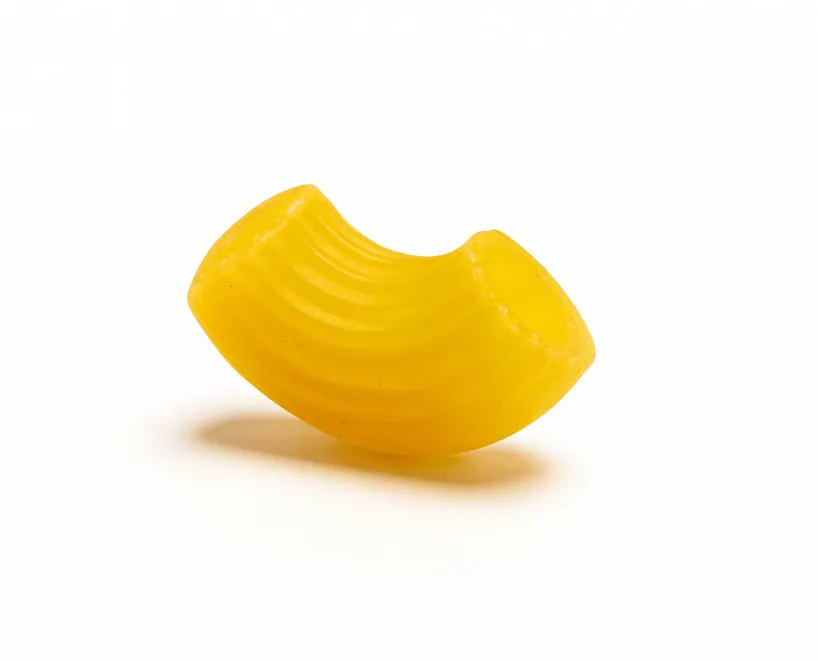 Passato remoto
Passato remoto
Lesson forty-eight


Lesson forty-seven
The trapassato prossimo is the Italian equivalent of the English past perfect tense. It is used to describe an action that occurred before another action in the past. This makes it particularly useful for storytelling or for explaining sequences of past events. Often, it appears in conjunction with other past-tense verbs to provide a clear timeline of events.
To form the trapassato prossimo, you combine the imperfetto form of the auxiliary verbs avere (to have) or essere (to be) with the past participle of the main verb. Its usage signals that one past action had already been completed when another past action occurred.
Avevi già visto questo film?
Had you already seen this movie?
Le avevo chiesto aiuto.
I had asked her for help.
Lui aveva detto che sarebbe rientrato tardi.
He had said he would be home late.
Ieri sera avevo mangiato troppo.
Last night, I had eaten too much.
Quando mi sono trasferita, avevo già imparato l'italiano.
When I moved, I had already learned Italian.
Ti avevo detto di pulire casa, ma tu non lo hai fatto.
I had told you to clean the house, but you didn't do it.
Non avevo capito.
I hadn't understood.
The trapassato prossimo is closely related to the passato prossimo, which is often translated as the simple past or present perfect in English. Both tenses use auxiliary verbs and past participles, but the key difference is timing:
| Passato Prossimo | Trapassato Prossimo |
|---|---|
| Ha parlato | Avevo parlato |
| È andata | Ero andata |
| Ha mangiato | Avevo mangiato |
| Ha fatto | Avevo fatto |
English Examples:
To correctly form the trapassato prossimo, it’s crucial to know the imperfetto forms of the auxiliary verbs essere and avere.
Essere (to be) Imperfetto:
| Pronoun | Conjugation |
|---|---|
| Io | ero |
| Tu | eri |
| Lui/Lei | era |
| Noi | eravamo |
| Voi | eravate |
| Loro | erano |
Avere (to have) Imperfetto:
| Pronoun | Conjugation |
|---|---|
| Io | avevo |
| Tu | avevi |
| Lui/Lei | aveva |
| Noi | avevamo |
| Voi | avevate |
| Loro | avevano |
Remember: when using essere as the auxiliary, the past participle must agree in gender and number with the subject. This agreement rule also applies when direct object pronouns precede the verb and the auxiliary is avere.
Quando ero arrivata al cinema, il film era già iniziato.
When I arrived at the cinema, the movie had already started.
Non ero stato avvertito che la riunione era stata annullata.
I had not been informed that the meeting had been canceled.
Ero già stata in questa città una volta.
I had already been to this city once.
When a direct object pronoun precedes the verb and the auxiliary is avere, the past participle must agree in gender and number with the pronoun:
Non l'avevo vista, signore.
I hadn't seen her, sir.
Non l'avevo riconosciuta senza occhiali.
I hadn't recognized her without glasses.
The trapassato prossimo forms of essere and avere combine the imperfetto of the auxiliary verbs with the past participle:
Essere (to be) Trapassato Prossimo:
| Pronoun | Conjugation (Masculine Singular) | Conjugation (Feminine Singular) |
|---|---|---|
| Io | ero stato | ero stata |
| Tu | eri stato | eri stata |
| Lui/Lei | era stato | era stata |
| Noi | eravamo stati | eravamo state |
| Voi | eravate stati | eravate state |
| Loro | erano stati | erano state |
Non ero mai stata in questo quartiere.
I've never been to this neighborhood.
Anche loro erano stati invitati alla festa.
They too had been invited to the party.
Avere (to have) Trapassato Prossimo:
| Pronoun | Conjugation |
|---|---|
| Io | avevo avuto |
| Tu | avevi avuto |
| Lui/Lei | aveva avuto |
| Noi | avevamo avuto |
| Voi | avevate avuto |
| Loro | avevano avuto |
Non avevo mai avuto l'occasione di dirti grazie.
I had never had the chance to thank you.
Io e lei avevamo avuto una relazione da giovani.
She and I had had a relationship when we were young.
The trapassato prossimo is an essential tense for expressing actions that occurred before other past events. Key points to remember:
Mastering the trapassato prossimo will allow you to convey past actions with precision and to describe complex sequences in storytelling or conversation.
 Passato remoto
Passato remoto
Lesson forty-eight
 Alphabet
Alphabet
Lesson one
 Hello
Hello
Lesson two
 Goodbye
Goodbye
Lesson three
 How are you
How are you
Lesson four
 Thank you
Thank you
Lesson five